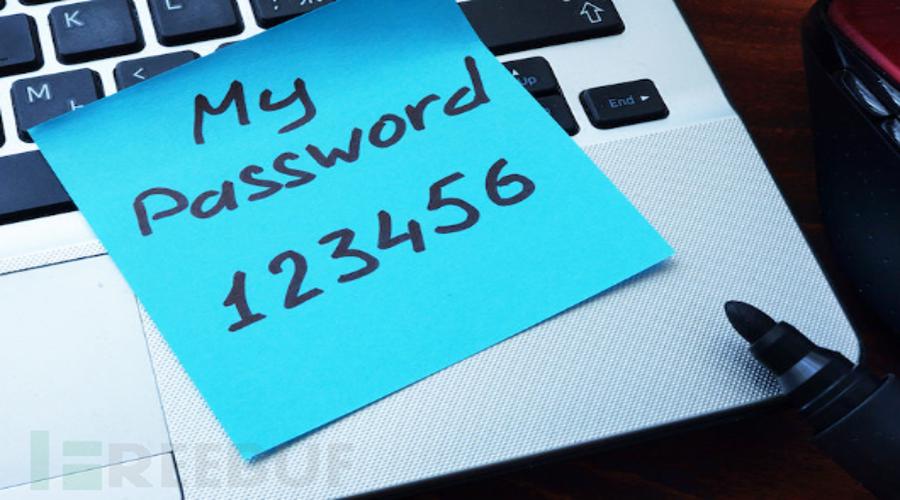Recent survey conducted by Bitwarden on 2400 users from the United States, United Kingdom, Australia, France, Germany, and Japan has shed light on the current password habits of users globally.
The survey revealed that over 25% of respondents reuse passwords across 11-20 or more accounts, while 36% admit to incorporating personal information in their account passwords, with such information being publicly accessible on social media platforms (60%) and online forums (30%).
Despite being in 2024, the prevalence of weak or insecure passwords remains widespread among users. Data from the 2023 Cybersecurity Maturity Report indicates that the most common risk associated with identity management is weak passwords, accounting for a staggering 32% share. The combination of weak password policies and inadequate identity verification mechanisms makes it easier for hackers to infiltrate systems, with attacks potentially requiring minimal technical prowess as attackers only need to log in. Moreover, when access permissions allow for the retrieval of sensitive information, hackers can effortlessly access such data.
The release of the 2022 list of weakest passwords saw ‘password’ claiming the top spot, followed by ‘123456’, which had held the dubious honor in the previous year. This underscores the ongoing need to enhance user awareness and education in cybersecurity practices.
Despite the confidence expressed by 60% of users in identifying phishing attacks and the readiness of 68% in mitigating AI-enhanced cyber attacks, many respondents still resort to high-risk password management strategies. This paradoxical behavior might explain why personal security vulnerabilities persist. Globally, 19% of users admit to experiencing security breaches or data loss due to their password habits, while 23% confirm instances of password theft or compromise. Surprisingly, the United States exhibits a higher incidence rate, with 23% of American respondents acknowledging security breaches and 26% confirming password compromises.
Another intriguing finding from the survey indicates that a majority of respondents rely on memory (53%) or pen and paper (34%) for managing workplace accounts, with nearly half (48%) admitting to occasionally or frequently reusing passwords across work platforms or accounts.
Globally, users continue to adhere to risky password practices, including using weak or personally identifiable passwords (39%), insecurely storing work passwords (35%), eschewing two-factor authentication (2FA) (33%), and sharing passwords unsafely (32%).
Despite the challenges in password security, an increasing number of users are turning to password managers and prioritizing privacy and data security. The positive impact of using password managers at work extends to users’ personal lives, with 52% noting enhanced security awareness at home and a decrease in password reuse frequency (41%).
Moreover, the trend towards adopting two-factor authentication (2FA) is on the rise, with 80% of global respondents using it to protect most personal accounts or specific critical accounts and 66% employing it across most work accounts or exclusively important accounts.
Globally, there is a growing understanding among individuals regarding the importance of 2FA as a second security layer, with 57% of respondents utilizing 2FA to bolster their security posture due to the increased prevalence of phishing attacks. Notably, attacks targeting employee account passwords are increasingly frequent, prompting 65% of respondents to undertake enhancements or adopt additional safeguards to strengthen their security stance.
While only 45% of global survey respondents use passphrases, over half (52%) believe they have a good understanding of the security benefits, signaling an imminent shift towards a passwordless future. Despite the increasing adoption, concerns surrounding privacy and security persist.
Users express apprehension over data misuse (31%), surveillance uncertainties (31%), unauthorized access (31%), and skepticism towards secure storage (29%). Transparent communication and robust security assurances are crucial for addressing these concerns, boosting user confidence, and promoting wider acceptance of passphrases.
If organizations implement passphrases, 62% of respondents believe it would enhance their trust in the company’s security resilience, while 66% indicate a greater inclination towards personally adopting passphrases if workplaces enforce their use. More than half (51%) foresee a coexistence of passphrases and passwords, with only 17% expecting passphrases to render passwords obsolete. Regardless of personal perspectives on the future of passphrases, nearly half (44%) of respondents believe greater efforts are needed within the industry to educate the public on the benefits of passphrase technology.
For more information, you can refer to the survey analysis on Help Net Security’s website: [Link](https://www.helpnetsecurity.com/2024/04/26/current-user-password-practices/)

